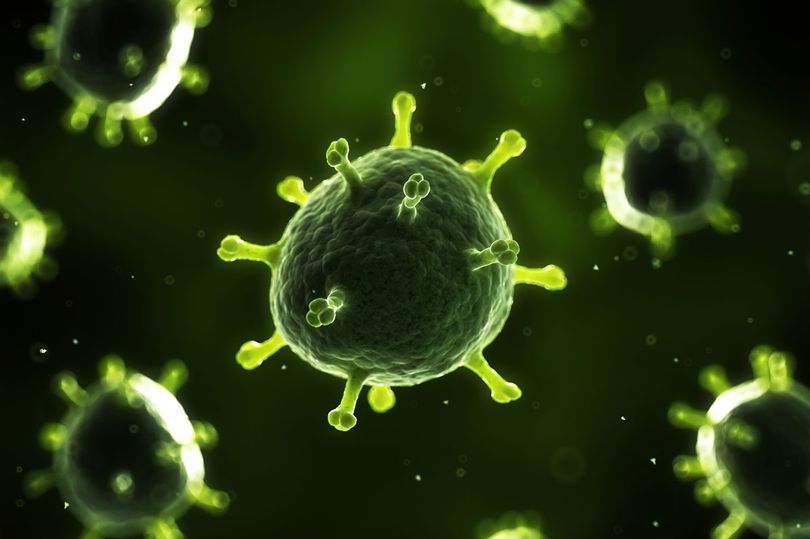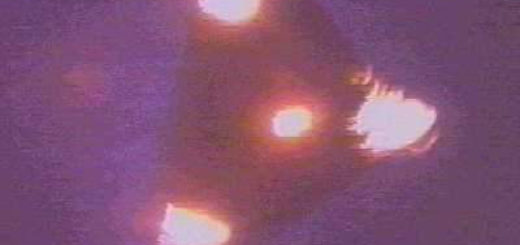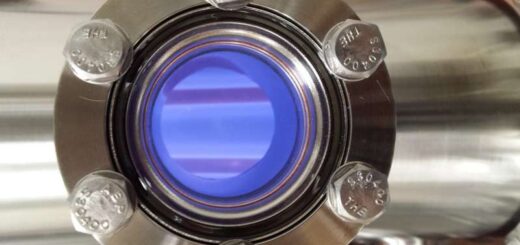Alien bugs hitching a ride to Earth on returning spacecraft could be a danger to humans

Scientists insist any bugs or bacteria which do make the long trip will be contained until testing deems them harmless
Alien viruses which travel to Earth on returning spacecraft could be a “danger” to humans, scientists have admitted.
But they insist any bugs or bacteria which do make the long trip will be contained until testing deems them harmless.
Rock and ice samples brought back from Mars or Jupiter’s moon Europa will be contained forever if necessary, said Dr John Rummel, senior scientist at the Seti Institute in Mountain View, California.
Many experts are worried about the risk of Earth microbes contaminating other worlds during space exploration.
But there are also concerns about extraterrestrial bacteria or viruses accidentally picked up from the surface of other planets invading the Earth.
Such pathogens are likely to be hardy survivors, and human immune systems may be powerless against them.
Dr Rummel spoke about the fears over space contamination at the American Association for the Advancement of Science (AAAS) annual meeting in Boston.
He said: “If we bring samples back from either Europa or Mars, we will contain them until hazard testing demonstrates that there is no danger and no life, or continue the containment indefinitely while we study the material.
It is assumed that such life would be hardy – to survive the trip to Earth; not easy – and precautions taken would provide a very high degree of containment.”
Microbes may conceivably be living to this day on Mars below the planet’s radiation-baked surface.
And scientists believe Europa has a global salty ocean beneath its icy crust which may well harbour simple life.
It is “pretty easy” for bugs to survive space journeys as long as they are shielded from the sun’s ultraviolet radiation, said Dr Rummel.
Microbial life, as a whole, is pretty immune to cold, dry conditions,” he said.
“Introduced to the intense radiation around Europa, exposed microbes should die off in hours to days to weeks, but organisms protected inside the spacecraft would still be alive as long as the silicon chips are functioning.”
Systems to prevent contamination of pristine planets or moons by Earthly bugs were essential, Dr Rummel said.
Aside from the ethical considerations, an escape by terrestrial microbes could make it impossible to prove evidence of extraterrestrial life.
“Earth organisms in the Europan ocean could hide the origin of Europan life from science, forever,” said Dr Rummel.
Mars was not likely to have been affected by bugs carried on spacecraft landing there due to the lack of a global ocean and the harsh surface conditions, which meant they would not survive for long.



 Creators of mankind
Creators of mankind Description of “Tall white aliens”
Description of “Tall white aliens” Where they came from?
Where they came from? About hostile civilizations
About hostile civilizations The war for the Earth
The war for the Earth “Tall white aliens” about eternal life
“Tall white aliens” about eternal life Video: “Nordic aliens”
Video: “Nordic aliens” Aliens
Aliens Alien encounters
Alien encounters The aliens base
The aliens base UFO
UFO Technology UFO
Technology UFO Underground civilization
Underground civilization Ancient alien artifacts
Ancient alien artifacts Military and UFO
Military and UFO Mysteries and hypotheses
Mysteries and hypotheses Scientific facts
Scientific facts


















